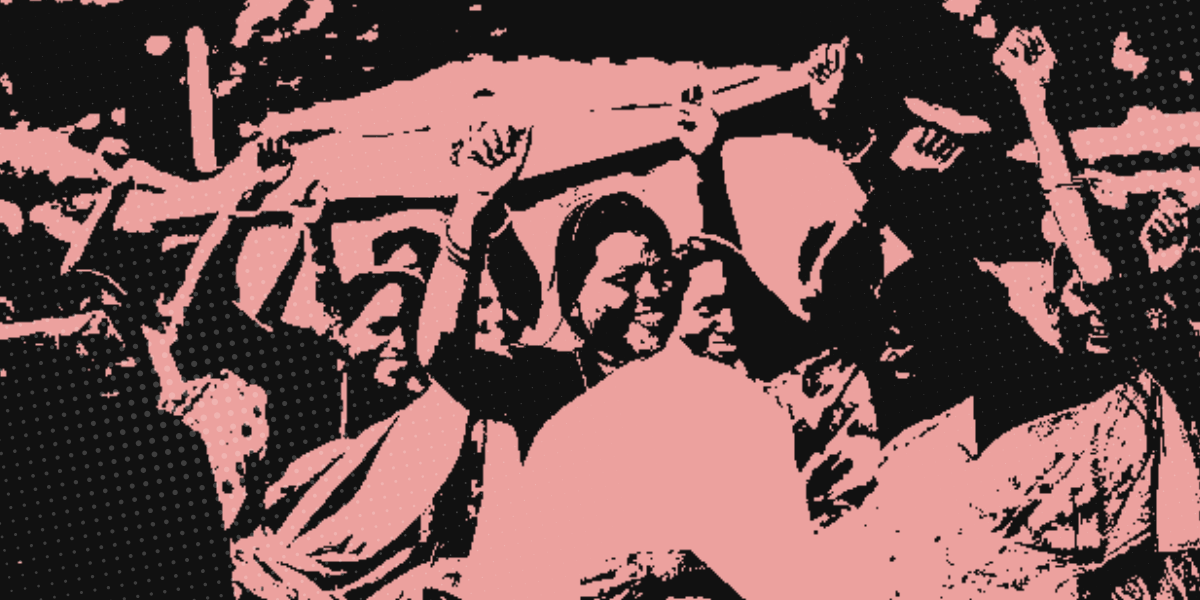
SPRF India
Driving evidence-based policy change. We deliver impactful, non-partisan research across economics, governance, environment & climate change, foreign & defense policy, and human rights & law, focusing on monitoring and evaluating policy progress in crucial areas impacting society. We bridge the gap between research and public policy.

The Evolution, Management and Development of the Indian Welfare State
This project seeks to explore the nuances of the Indian welfare state, and draw comparisons between the welfare approaches taken by different governments at the state and centre. Particularly, the project will involve exploring the political environment during which major welfare regimes and institutions were created, the management of these institutions by the central and state governments and the political economy of welfare in Indian public life.
View Project arrow_outwardKey Highlights
Editors Pick
Gender-responsive budgeting (GRB) has emerged as a vital tool in addressing gender disparities, by embedding gender considerations into fiscal policies and transforming resource allocation for women-centric programs. Introduced in India in 2005-06, GRB marked a shift from the “Women in Development” approach to a broader “Gender and Development” perspective. Despite this progress, deep-rooted patriarchal norms continue to limit women’s full political participation, especially in households where male members dominate decision-making. In recent years, gender budgeting has also become a strategic political instrument, as women have emerged as a critical voting bloc. Political parties increasingly recognise this and have centred their electoral strategies around women-focused welfare schemes, reflecting the growing political clout of female voters. This evolving dynamic underscores the importance of moving beyond symbolic gestures to creating impactful programs that genuinely empower women and foster long-term gender equity.

Budget and Governance
Support Evidence-Based Policymaking
SPRF India is a registered public charitable trust headquartered in New Delhi.
Your donation makes a tangible difference in shaping public policy, and your generosity is also tax-deductible.

Photo Archive Project
arrow_outwardKheta: Weaving a Tale of Women Empowerment, Kinship, and Inheritance
The term Shershabadi (original Shershabadia) has direct reference to the community’s place of origin, i.e., the former Jawar-e-Sarsabad, which comprised parts of Murshidabad, Malda in West Bengal, and Sahibganj district in Jharkhand.
Owing to various social, political, and environmental reasons, they migrated from their place of origin, and are now settled in Kishanganj and its neighbouring districts, in Bihar. Originally a community of settled agriculturists, they slowly dispersed along the river banks and tried to make a living through cultivation.
arrow_outwardDrying Rivers and Temple Towns: Tale of Kaveri and Srirangam
The photo story captures the neighbourhood which falls under the administration of Tiruchirappalli City Municipal Corporation and is navigating complex ecological, geographical, and governance problems.
arrow_outwardNot an ‘Aam’ Baat: How Climate Change & Fertilizers Are Damaging Mangoes in UP’s Malihabad
Malihabad, tehsil and Nagar panchayat in Lucknow district, Uttar Pradesh is famous for its mangoes. The Malihabadi Dussehra, a variety of mango, got its Geographical Indicator [GI] tag in 2009[1]. Even though Mangoes are widely consumed across the subcontinent, a common narrative of all the mango cultivators of the region is: “Everybody loves mangoes, but no one wants to make the lives of mango farmers any better.”
arrow_outwardDocumenting the Ghazipur Phool Mandi and its Phoolwallas
n the east of Delhi lies Ghazipur. Over the years, Ghazipur has become an essential route and a stop for people looking to purchase flowers for special occasions.
arrow_outwardClimate-Proofing Agriculture: Building Resilience in Agriculture and Allied Sectors
arrow_outwardPodcasts & Videos


Freedom Indices

Gender Responsiveness Tracker

Grassroots Women Leaders










